“It won’t be until 2020 until a state government can have a state plan for raising industrial hemp in their state,” said James Averill, deputy director for MDARD.
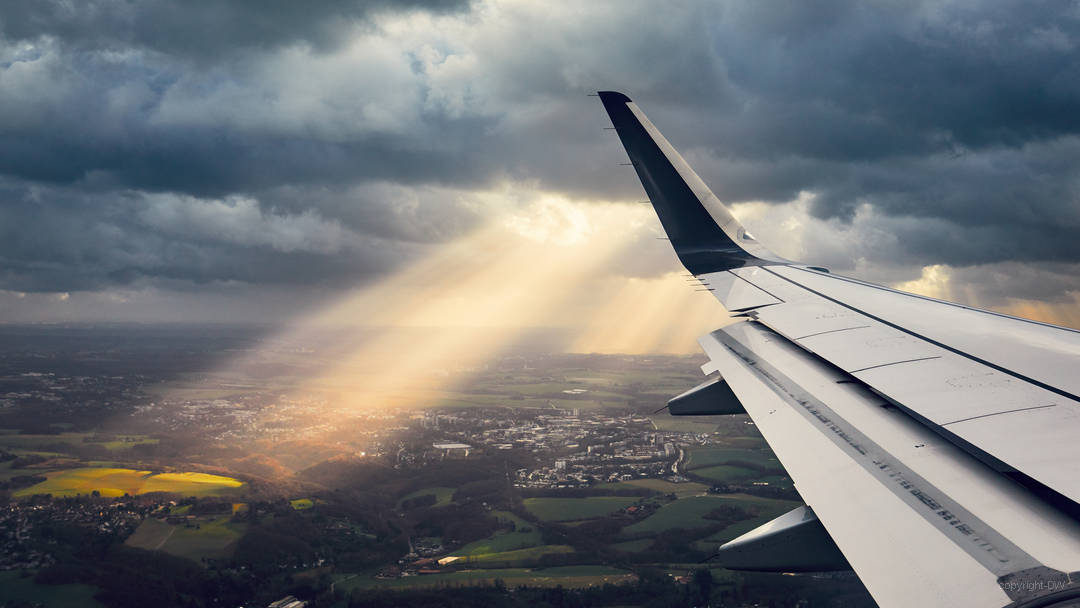
CBD has swiftly made its way into every aspect of daily life including air travel. Rules and regulations concerning traveling with CBD onto planes and into airports are unclear.
CBD is legal in some states and the TSA is a federally ran agency with airports subject to federal laws and marijuana is still considered federally illegal.
The TSA has the authority to ban or stop a traveler with edibles, dried flower or any forms of “marijuana” that contain a certain amount of THC.
According to the DEA and FDA, The CBD made from hemp is not considered to be the same as psychoactive marijuana. The agency suggests that if the THC content in the CBD oil is below 0.3 percent, no legal action will be taken place.
Some CBD oil is sold in medical dispensaries and is often THC concentrations can be detected easier and test at a higher level making the source of the CBD illegal under federal law.
It is said that according to the Drug Enforcement Agency (DEA), along with the Food and Drug Administration (FDA) when it comes to traveling with CBD oil, it must contain THC content below 0.3% to be cleared.
Even though the 2018 Farm Bill made Hemp legal on the Federal level, individual states can still elect to make the sale and possession of CBD illegal.
The Transport Security Administration (TSA) regulations are required to report any speculated violations of law if they encounter one. Read the TSA What can I Bring.
“Meaning an extract containing one or more cannabinoids that have been derived from any plant of the genus Cannabis, other than the separated resin (whether crude or purified) obtained from the plants(58) Marihuana Extract–7350”-DEA.
Bottom Line – You can but you can’t…You are on your own and at the mercy of the location, the agency and the agents you encounter along your travels.
Recent Posts
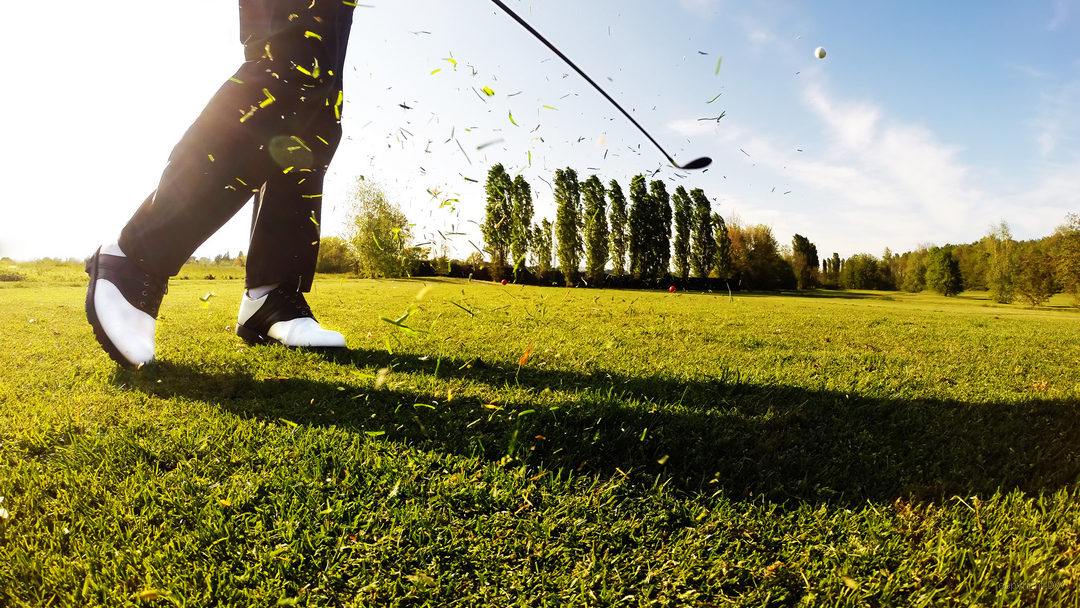
Bubba Watson announced a partnership with cbdMD on Wednesday, which comes less than two months after the PGA Tour reportedly issued a warning to its golfers about the use of CBD.
Watson and cbdMD agreed to a multi-year sponsorship that includes the two-time Masters champion wearing the company’s logo on both sides of his visor during PGA Tour events. The partnership officially begins at the PGA Championship later this month.
“I’ve personally felt the benefits of cbdMD’s products,” said Watson, a 12-time PGA Tour winner. “cbdMD is the safest on the market and I am proud to partner with them to help millions feel better.”
“By joining forces with one of the biggest names in the sport, we’re excited to see how the golf community embraces the newfound popularity of CBD,” said Caryn Dunayer, the president of cbdMD. “We’re looking forward to the continued success of Bubba, while educating the public on the many benefits of hemp-derived CBD.”
Komorn Law has associated our law firm expanding its cannabis and hemp industry services across the globe. If you are thinking about starting a business in this area you will need legal guidance and corporate counsel.
Contact our office to find out more information.
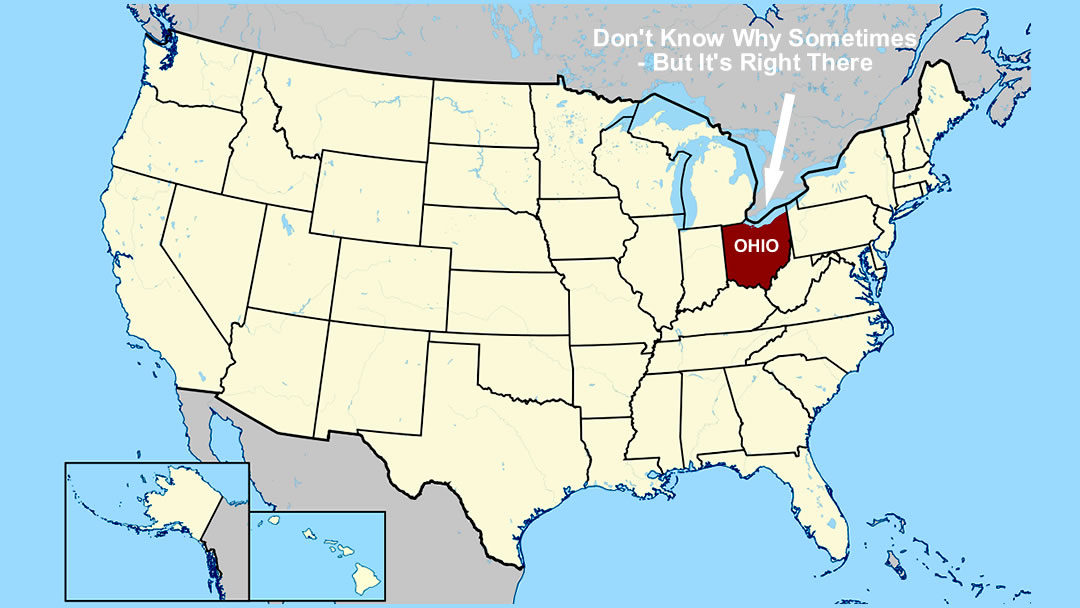
Stores throughout Ohio continue to sell cannabidiol, commonly known as CBD, months after the state’s board of pharmacy ruled that the cannabis extract can only be sold in medical marijuana dispensaries.
CBD has something of a cult following, and its users believe it can treat a variety of conditions.
The pharmacy board cited the Ohio Revised Code in its August decision, which defines marijuana as any product derived from cannabis.
But CBD distributors say they believe the pharmacy board overstepped its boundaries, and that selling CBD is legal.
Lucky’s Market in Clintonville and several Fresh Thyme locations throughout the state still have special sections for CBD oils. And the Columbus Botanical Depot, a boutique shop in Clintonville, sells CBD products almost exclusively.
Josh Hendrix, president of hemp production for San Diego-based CBD distributor CV Sciences, said the company’s products are protected under federal law because they come from hemp. The 2018 Farm Bill removed hemp, which is derived from cannabis and lacks the intoxicating effects of marijuana, from a list of controlled substances and defined it as a commodity, opening the door for states to legalize it. Ohio has yet to do so.
“There is no list of controlled substance that includes CBD,” Hendrix said. “It’s a naturally occurring compound within a legal plant.”
Hendrix said that his company has educated lawmakers and law enforcement officials on CBD in other states, and has helped change laws in states like Indiana.
An effort is afoot to legalize CBD in Ohio.
Senate Bill 57, which was recently passed by the Ohio Senate, would legalize hemp and give retailers the right to sell CBD.
Enforcement of the current law is left to the Ohio Department of Agriculture, which responds to complaints, director Dorothy Pelanda said.
In January, the department embargoed a CBD oil sold by Jungle Jim’s International Market at their Fairfield and Cincinnati locations after the owner of a different store asked the state if he could legally offer the product, Pelanda said. Agency employees banned the oil because they were unable to determine its origin, she said. The grocery store removed the oil from its shelves.
Representatives of Jungle Jim’s did not respond to messages seeking comment.
Pelanda said she wasn’t aware of any other complaints regarding CBD.
Grove City police told Midwest Vapors, a Stringtown Road vape shop, to remove CBD products from its shelves in April. Grove City police Lt. Doug Olmstead said officers spotted the CBD during a routine check.
Retailers say they continue to sell the products because it helps their customers. The benefits of CBD, however, are disputed.
Employees of the Columbus Botanical Depot tell customers that CBD will treat everything from anxiety, to trouble sleeping, to ADHD.
“We’re not doctors and we can’t make a diagnosis, but we can speak to our experiences and the experience of our customers,” General Manager Max Kamer said.
CV Sciences, which distributes the CBD products found on store shelves in Ohio, sells their product as a dietary supplement rather than a drug, which means they can’t make any claims about its health benefits. But Hendrix said that customers use CBD to treat a variety of conditions.
Researchers say claims about the medicinal qualities of CBD are at best premature.
The FDA has approved the CBD-based drug Epidiolex to treat seizures in rare forms of childhood epilepsy, and limited studies suggest other benefits.
“But we really still do not know where CBD can be helpful outside of seizures,” said Anup Patel, section chief of neurology at Nationwide Children’s Hospital in Columbus. His research aided the approval of Epidiolex. “There is not well-done scientific literature showing the benefits of CBD for conditions other than epilepsy,” he said.
Patel hopes that the approval of Epidiolex will open the doors for further study.
In the meantime, “I would ask the public to proceed cautiously, and not accept every claim without rigorous scientific evidence backing it up,” Patel said.
The perceived benefits of CBD could be a placebo effect, said Dr. Robert Carson, an assistant professor of neurology and pediatrics at Vanderbilt, who holds both a medical degree and a PhD. It isn’t a bad thing if someone uses CBD oils and it makes them feel better, he said.
“But in virtually every situation,” it’s best to take the proven medication, Carson said.
Dr. Daniel Neides, president and CEO of the Northeast Ohio health clinic Inspire Wellness, is a rare doctor who recommends CBD, saying his patients report symptoms of chronic pain and anxiety improving with its use. Neides acknowledged that their experiences are largely anecdotal, but said his plethora of anecdotes must indicate some beneficial qualities.
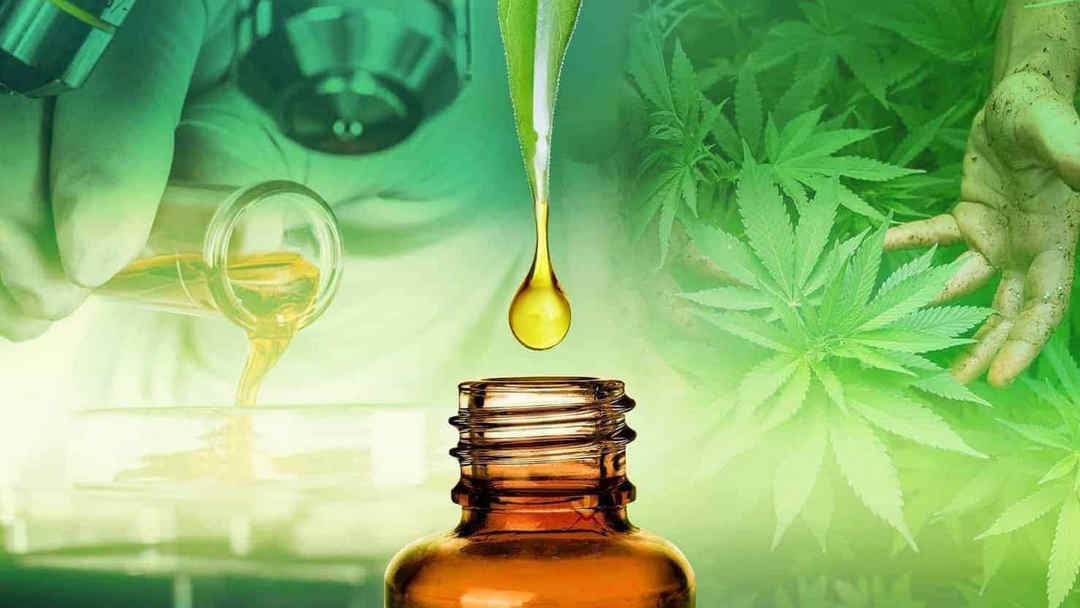
Michigan officials are informing citizens that food and drinks with CBD oil aren’t legal yet. CBD is the new thing in the health alternative market.
After Proposal 1 passed in Michigan which legalized adult-use marijuana and industrial hemp as well as the 2018 U.S. Farm Bill which legalized hemp nationwide there has been a rise of products made with CBD.
“The whole scheme is fascinating. It doesn’t make the subject matter into an illegality,” said Michael Komorn, a lawyer and president of the Michigan Medical Marijuana Association. “It’s a not a crime, it’s a regulatory fine. You won’t get arrested, but it may prevent you from getting a license to do that in the future.”
Michigan’s Department of Agriculture and Rural Development is waiting on the federal government to write its hemp program regulations before it comes up with its own rule set — and that won’t happen until 2020.
“It won’t be until 2020 until a state government can have a state plan for raising industrial hemp in their state,” said James Averill, deputy director for MDARD.
However, a mechanism in the 2014 Farm Bill that allows farmers to grow industrial hemp by working with universities or with state departments of agriculture — and Averill said Michigan is considering a way to help farmers plant hemp sooner rather than later.
“For putting seed in the ground this year — we have to work off the 2014 Farm Bill and that is a conversation that we’re continuing to have with the administration,” Averill said.
Previously, U.S. Drug Enforcement Administration requirements made the state’s direct involvement to authorize hemp farmers difficult. The 2018 Farm Bill changed that, Averill said.
Michigan Offers Guidance on CBD and Industrial Hemp
March 29, 2019 – The Bureau of Marijuana Regulation (BMR) and the Michigan Dept of Agriculture & Rural Development (MDARD) issued joint guidance today regarding CBD (cannabidiol) and industrial hemp.
From the Bureau of Marijuana Regulation:
From the Michigan Department of Agriculture and Rural Development:
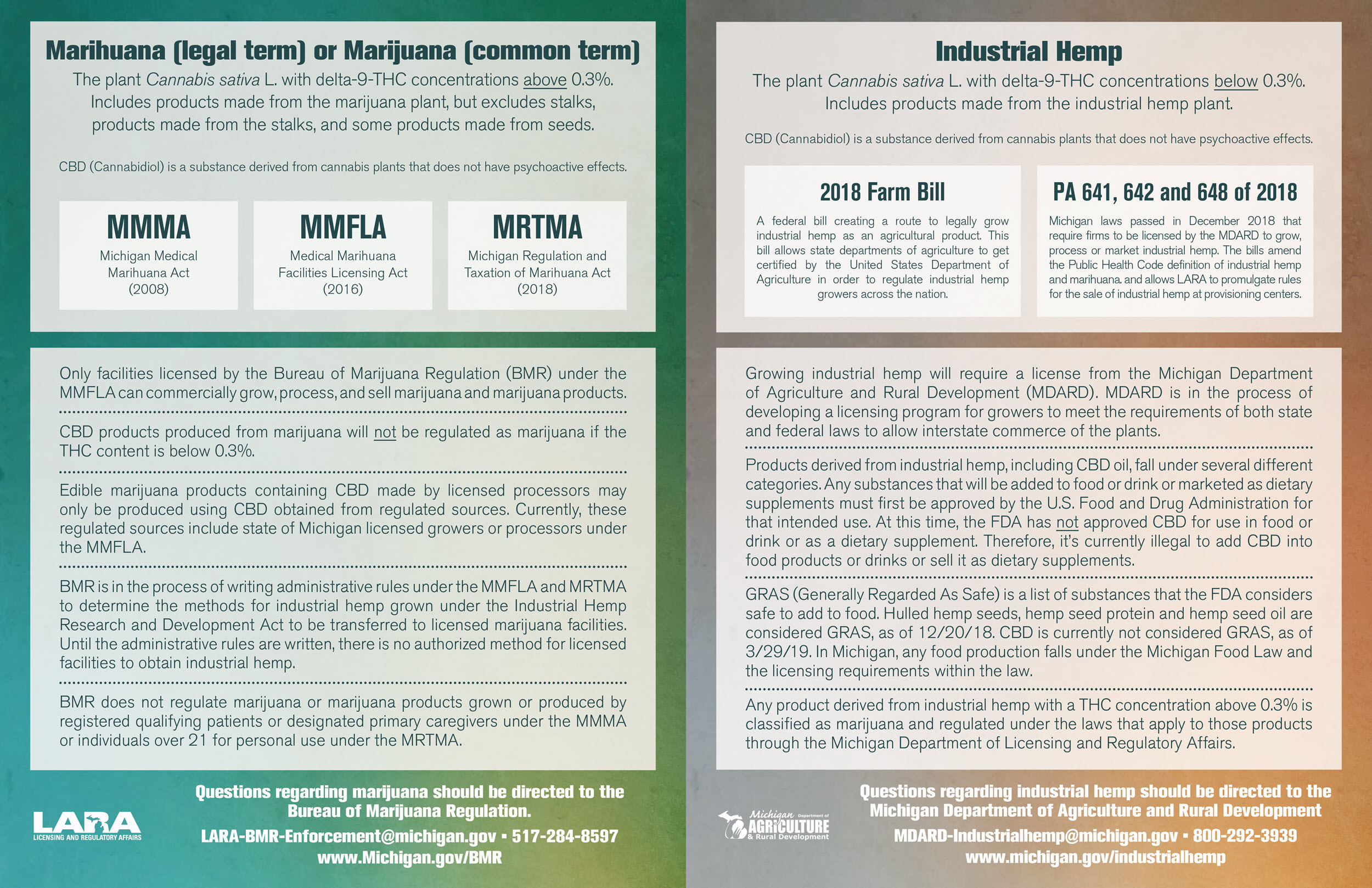
Definitions

Michigan officials are informing citizens that food and drinks with CBD oil aren’t legal yet. CBD is the new thing in the health alternative market.
After Proposal 1 passed in Michigan which legalized adult-use marijuana and industrial hemp as well as the 2018 U.S. Farm Bill which legalized hemp nationwide there has been a rise of products made with CBD.
“The whole scheme is fascinating. It doesn’t make the subject matter into an illegality,” said Michael Komorn, a lawyer and president of the Michigan Medical Marijuana Association. “It’s a not a crime, it’s a regulatory fine. You won’t get arrested, but it may prevent you from getting a license to do that in the future.”
Michigan’s Department of Agriculture and Rural Development is waiting on the federal government to write its hemp program regulations before it comes up with its own rule set — and that won’t happen until 2020.
“It won’t be until 2020 until a state government can have a state plan for raising industrial hemp in their state,” said James Averill, deputy director for MDARD.
However, a mechanism in the 2014 Farm Bill that allows farmers to grow industrial hemp by working with universities or with state departments of agriculture — and Averill said Michigan is considering a way to help farmers plant hemp sooner rather than later.
“For putting seed in the ground this year — we have to work off the 2014 Farm Bill and that is a conversation that we’re continuing to have with the administration,” Averill said.
Previously, U.S. Drug Enforcement Administration requirements made the state’s direct involvement to authorize hemp farmers difficult. The 2018 Farm Bill changed that, Averill said.
Michigan Offers Guidance on CBD and Industrial Hemp
March 29, 2019 – The Bureau of Marijuana Regulation (BMR) and the Michigan Dept of Agriculture & Rural Development (MDARD) issued joint guidance today regarding CBD (cannabidiol) and industrial hemp.
From the Bureau of Marijuana Regulation:
From the Michigan Department of Agriculture and Rural Development:

Definitions